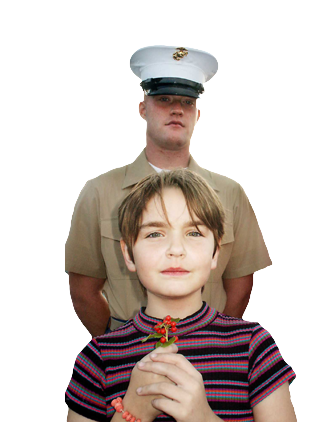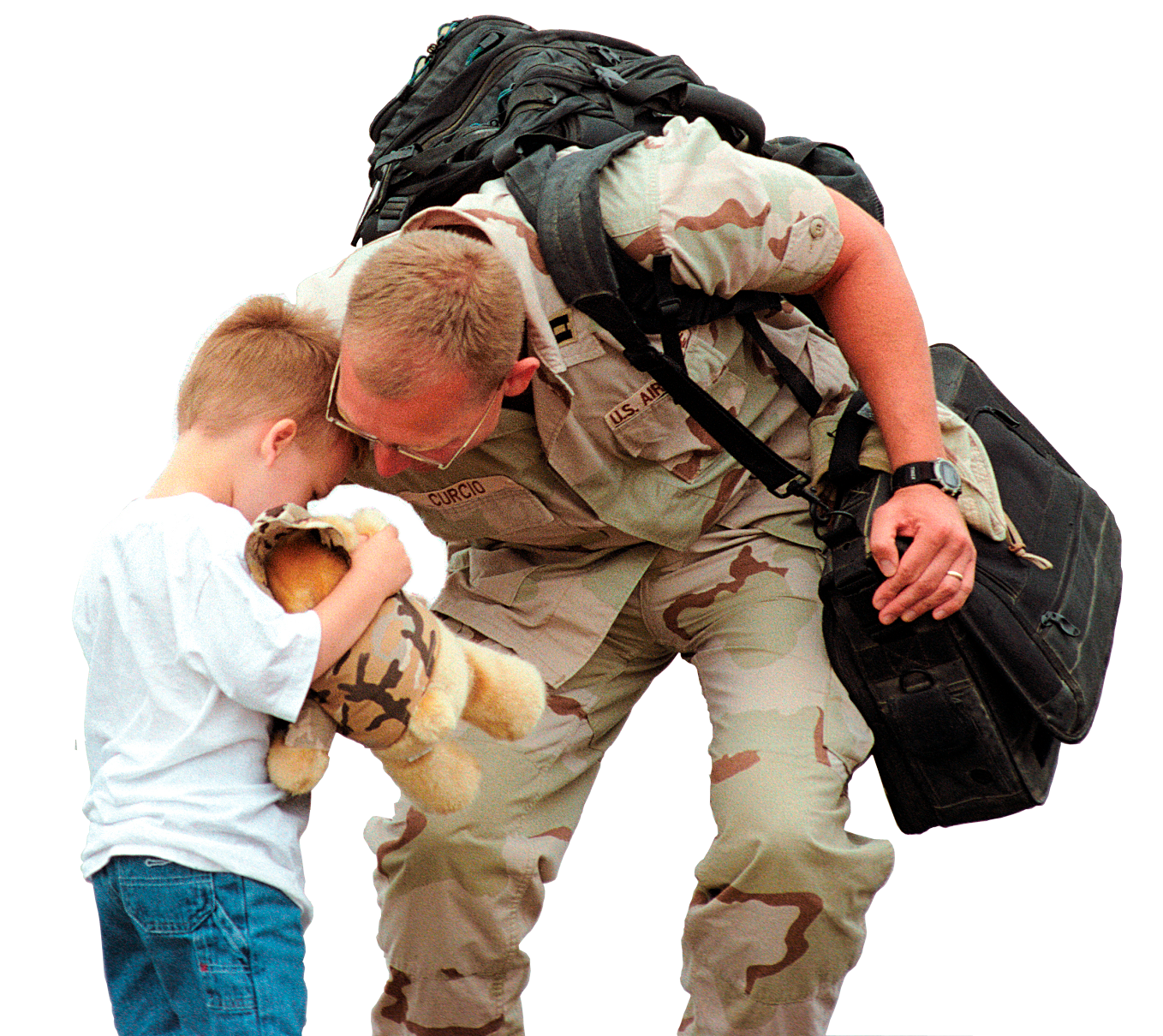[caption id="attachment_3296" align="alignleft" width="300"] Navy Petty Officer 3rd Class Daniel Padilla and his partner, Petty Officer 2nd Class Brit E295, a German shepherd explosives-detecting dog, practice obedience commands at U.S. Naval Base Guam on Oct. 6, 2010. Padilla and Brit have deployed together for a mission in Djibouti. They are assigned to the Military Working Dog Unit of U.S. Naval Security Forces, Guam. U.S. Navy photo by Petty Officer 2nd Class Corwin Colbert[/caption] SANTA RITA, Guam – A sailor assigned here deployed Oct. 20 to Djibouti with his unique partner.
Navy Petty Officer 3rd Class Daniel Padilla and his partner, Petty Officer 2nd Class Brit E295, a German shepherd explosives-detecting dog, practice obedience commands at U.S. Naval Base Guam on Oct. 6, 2010. Padilla and Brit have deployed together for a mission in Djibouti. They are assigned to the Military Working Dog Unit of U.S. Naval Security Forces, Guam. U.S. Navy photo by Petty Officer 2nd Class Corwin Colbert[/caption] SANTA RITA, Guam – A sailor assigned here deployed Oct. 20 to Djibouti with his unique partner.
 Navy Petty Officer 3rd Class Daniel Padilla and his partner, Petty Officer 2nd Class Brit E295, a German shepherd explosives-detecting dog, practice obedience commands at U.S. Naval Base Guam on Oct. 6, 2010. Padilla and Brit have deployed together for a mission in Djibouti. They are assigned to the Military Working Dog Unit of U.S. Naval Security Forces, Guam. U.S. Navy photo by Petty Officer 2nd Class Corwin Colbert[/caption] SANTA RITA, Guam – A sailor assigned here deployed Oct. 20 to Djibouti with his unique partner.
Navy Petty Officer 3rd Class Daniel Padilla and his partner, Petty Officer 2nd Class Brit E295, a German shepherd explosives-detecting dog, practice obedience commands at U.S. Naval Base Guam on Oct. 6, 2010. Padilla and Brit have deployed together for a mission in Djibouti. They are assigned to the Military Working Dog Unit of U.S. Naval Security Forces, Guam. U.S. Navy photo by Petty Officer 2nd Class Corwin Colbert[/caption] SANTA RITA, Guam – A sailor assigned here deployed Oct. 20 to Djibouti with his unique partner.Navy Petty Officer 3rd Class Daniel Padilla said he has prepared for his Africa mission alongside his canine partner, Petty Officer 2nd Class Brit E295.Brit is a German shepherd explosives-detecting dog and Padilla is his human handler. Both sailors are assigned to the U.S. Naval Security Forces Military Working Dog Unit based here. Padilla said he and Brit have trained together for more than six months, noting they’re going to Djibouti to deter terrorism there. "I am excited,â€Â Padilla said. “It is a little different because I am not going alone; I am going with my buddy so I will have someone to play and work with.â€Â This is Padilla’s first deployment since he joined the Navy four years ago. Brit, however, has performed such assignments in the past. "He is a very experienced dog. He has been deployed a few times with a few handlers," Padilla said of his canine partner. "So when we get out there, I am sure he will show me a few things." A native of San Antonio, Padilla said he and Brit trained hard to prepare for their mission. "We spend every day together," Padilla said. "We train constantly, playing detection games. We also do obedience training where we practice different commands and throw a ball around.â€Â In Djibouti, Padilla said he and Brit “will be doing the same counterterrorism routine we are doing here and everything we both learned will be put to the test.â€Â The base's security department here has been deploying military dogs and their handlers for some time, Padilla said. Navy Chief Petty Officer Mandy Holt, the unit's kennel master and the senior noncommissioned officer in Padilla's chain of command in Guam, said the number of dogs and handlers deployed at any particular time depends on the demand. "Sometimes we have five dogs out, sometimes we have two dogs out; it all depends on the current situation going on in the deployed area," Holt said. The dogs, she said, go through a thorough training course before they can deploy. She said that handlers here are fortunate to have dogs accustomed to the Guam heat. "The dogs here are well prepared," Holt said, adding that "most kennels must adjust to heat over in hot areas.â€Â She said that Brit's experience and Padilla's initiative, determination, and work ethic make the pair a great team that will do fine in Djibouti. Padilla said he is looking forward to the challenge, especially since he knows his "battle-buddy" will help him out along the way. Oct. 22, 2010: By Navy Petty Officer 2nd Class Corwin Colbert- Joint Region Marianas Public Affairs






